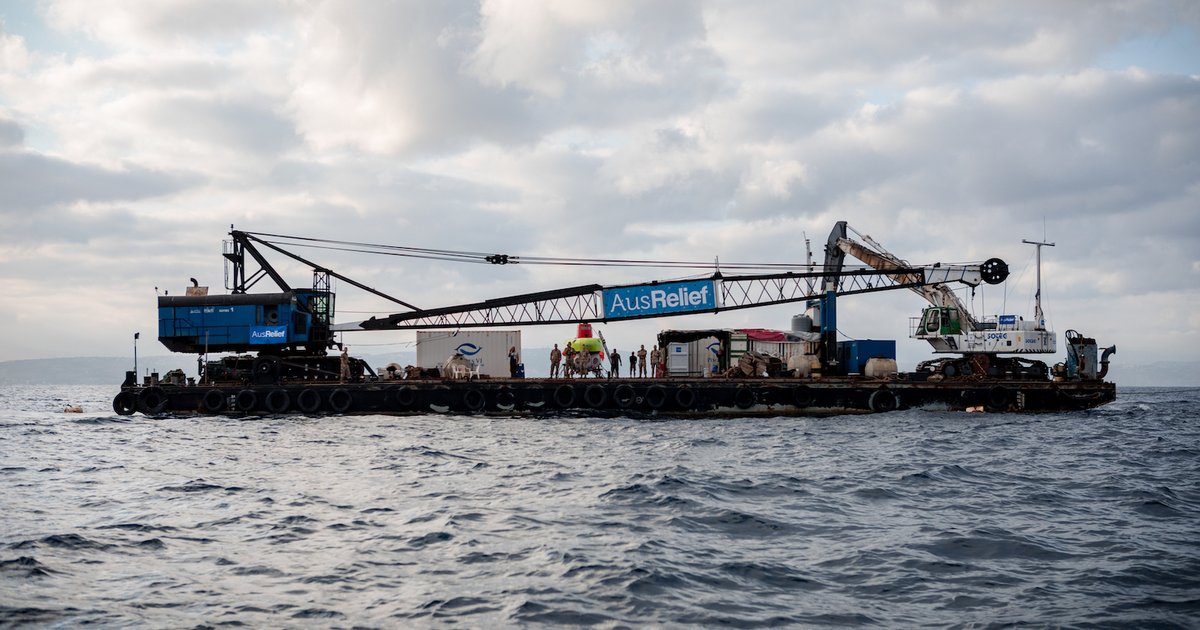Lebanon’s human smugglers say boats will soon be heading for …

Abu Yazan used to sell electronics in Beirut. At some point he tried his hand as a recruiter, and now works as a smuggler. He said he makes about £45,000 a year through the 25% markup he charges for each person. "I try to do my job at my best," he said. "I feel solidarity with most people, especially those who lost everything due to the crisis. [People who are] now are in debt or had to sell their properties, and are hoping to start again from scratch."
"Today we are getting requests mostly from whole families or minors travelling alone, usually young boys of 15-17 years old," said Abu Hussein.
Some of these minors are being sent ahead with the hope that, once they are in Europe, they will be able to apply for family reunification and bring the rest of the family over through a safe route.
Policing, pushbacks and corruption
Smugglers confirmed that policing was a risk, but remain confident than many boats will get through.
"The police in Lebanon are very busy with the economic crisis and Lebanon's domestic problems, so they don't have time and capacity to control the sea," said Abu Hussein. There are also other ways of getting around obstacles. The smugglers we talked to noted that there is a big difference in price between trips whose success is 'guaranteed' through bribes to the Lebanese coast guard, and those that are not.
"It's the Cypriot police that is the main problem for migrants," Abu Yazan said. "When they send boats back it can become very dangerous." Cyprus has been accused of carrying out pushbacks[1] of migrant boats since 2020.
Migrants may be detained if they are returned to Lebanon, and an investigation is often opened to find the smugglers - even though authorities know it is rare to find smugglers on the boats.
There are some recorded instances of Syrian refugees being deported back to Syria[2] after being returned. The UN estimates that 75% of the boats[3] leaving for Cyprus are intercepted and returned to Lebanon.
Death by drowning is the biggest risk for people trying to leave Lebanon. In September 2022, around 90 people drowned[4] off the Syrian coast after leaving from northern Lebanon.
In January 2023, 200 people were rescued[5] by the Lebanese Navy as their boat was sinking.
Despite the high risks involved in such a long sea journey, people will continue to make the attempt. Lebanon is no longer a fragile but resilient country[6], as it has so often been described. The sustained economic and political crisis[7] has eroded what remains of its citizens' confidence that things can get better.
More and more are simply looking for a way out.
The increasing number of boats leaving Lebanon should ring alarm bells.
In all likelihood, there will be more shipwrecks in the Mediterranean in the coming months.
References
- ^ pushbacks (asylumineurope.org)
- ^ deported back to Syria (www.amnesty.org)
- ^ 75% of the boats (www.unhcr.org)
- ^ around 90 people drowned (www.theguardian.com)
- ^ 200 people were rescued (www.arabnews.com)
- ^ fragile but resilient country (thearabweekly.com)
- ^ sustained economic and political crisis (apnews.com)